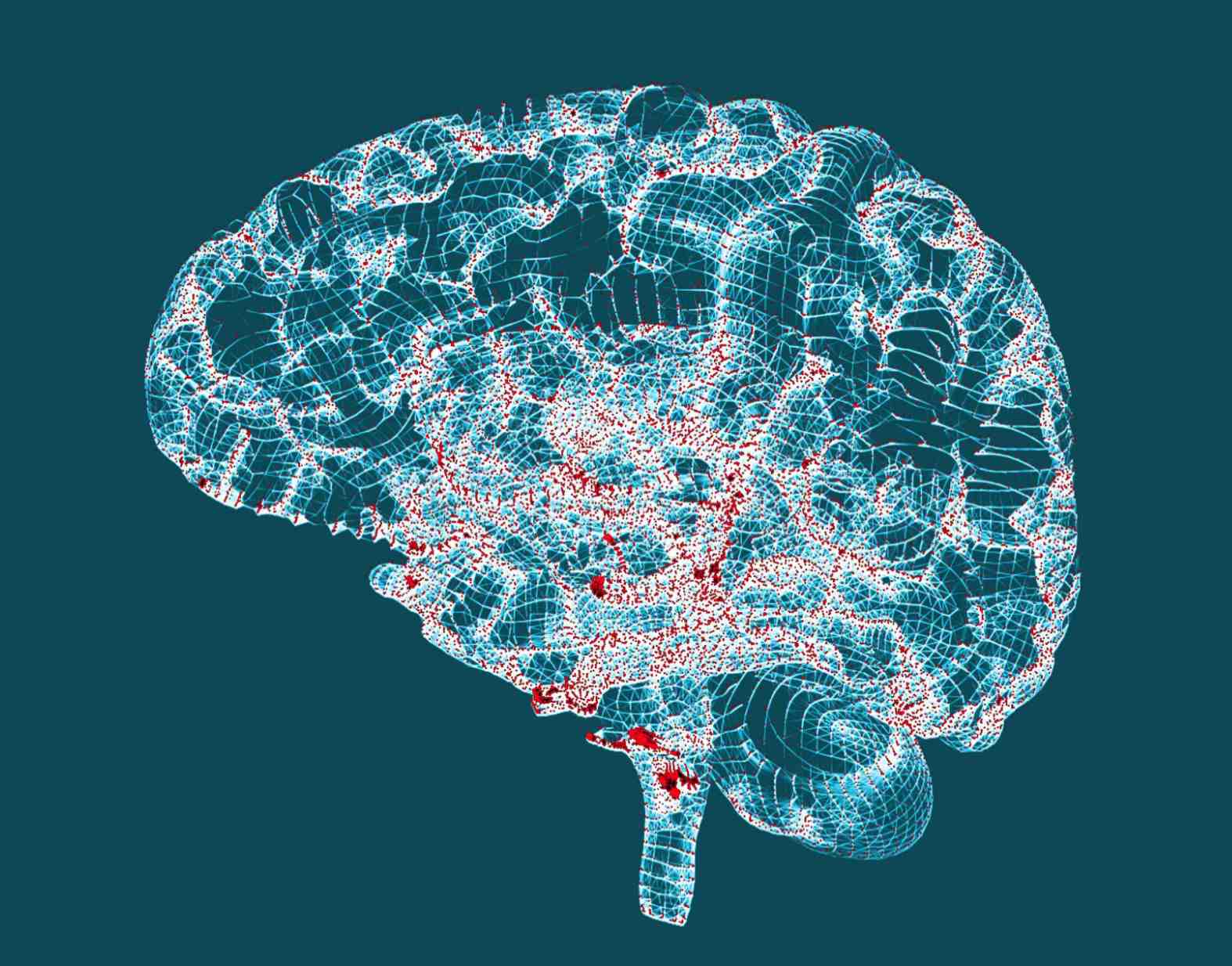Request Demo
New study finds dose of Mavenclad treatment could predict MS relapse risk
01 Dec 2023
Drug Approval

Preview
Source: PMLiVE
Researchers from the Royal London Hospital have revealed that lower doses of Mavenclad (cladribine) could be linked to a higher risk of disease recurrence in multiple sclerosis (MS) patients.
Published in Sage Journals, the findings could help predict the risk of future MS relapses and lesions.
Affecting approximately 130,000 people in the UK, MS is a disabling disease that currently has no cure.
Treatments available for the condition help to speed up recovery from attacks, modify the course of the disease and manage symptoms.
Researchers studied the MRIs and clinical data of 236 people who had received two courses of injected Mavenclad between October 2014 and May 2022, 109 of whom had relapsing or remitting MS and 127 who had progressive MS.
Manufactured by Merck KGaA, Mavenclad is an oral disease-modifying therapy (DMT) to treat relapsing MS.
The therapy has already received approval in the US and the EU to treat adults with highly active disease, including disability progression, relapses and MRI activity.
After administering the therapy in two courses over a year, researchers observed that 25% of patients involved in the study had new MS activity, three and a half years after receiving their second course of the DMT.
Additionally, those who had more activity on their MRIs prior to taking Mavenclad, such as new lesions, had more new relapses or lesions later on.
Only 10% of all patients received a third course of therapy, which was most likely offered to those who had new relapses or changes in their MRI.
Researchers highlighted that there were two factors that significantly predicted new disease activity in these patients.
They established that patients with any new MRI activity before treatment were at a doubled risk of developing new disease activity compared to patients without activity.
Scientists highlighted the importance of MRI indications, as EU prescribing guidelines for Mavenclad indicate that MRI activity is required to be eligible for the treatment.
Secondly, lower doses of Mavenclad could be linked to a higher risk of MS recurrence in the future.
Further research needs to be completed to test whether a third course of therapy could prevent new MS activity before its recurrence.
For more details,please visit the original website
The content of the article does not represent any opinions of Synapse and its affiliated companies. If there is any copyright infringement or error, please contact us, and we will deal with it within 24 hours.
Organizations
Indications
Targets
-AI Agents Built for Biopharma Breakthroughs
Accelerate discovery. Empower decisions. Transform outcomes.
Hot reports
Get started for free today!
Accelerate Strategic R&D decision making with Synapse, PatSnap’s AI-powered Connected Innovation Intelligence Platform Built for Life Sciences Professionals.
Start your data trial now!
Synapse data is also accessible to external entities via APIs or data packages. Empower better decisions with the latest in pharmaceutical intelligence.



